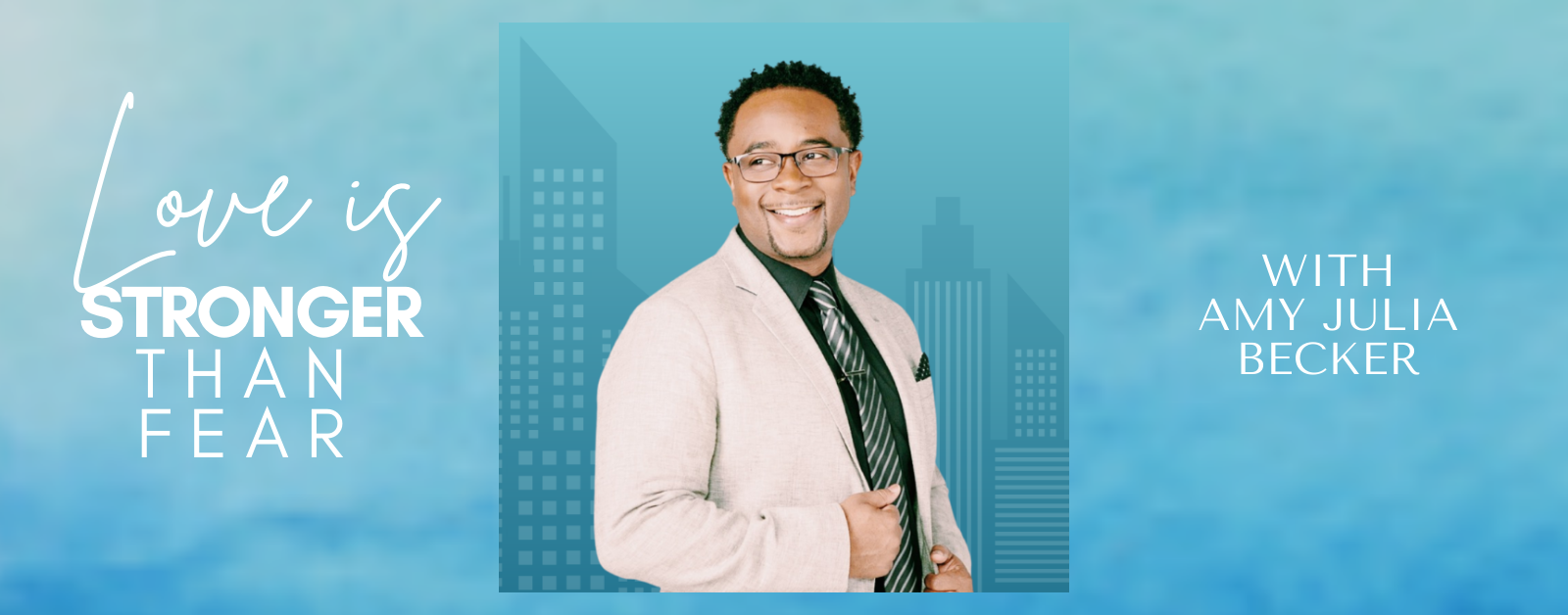How do we fight racism? Is there reason to hope when history reveals the continuity of racism’s tactics and its multifaceted exploitation? Historian and author Jemar Tisby talks with Amy Julia about racial identity, Black Lives Matter, laboring for racial justice, and reasons to hope for racial healing.
TRANSCRIPT
SHOW NOTES
Jemar Tisby is the author of the New York Times bestseller, The Color of Compromise, and the newly released book How to Fight Racism. He is the president and co-founder of The Witness: A Black Christian Collective and co-host of the podcast Pass The Mic.
Connect with Jemar online:
- Website: jemartisby.com
- Facebook: @JemarTisby1
- Twitter: @JemarTisby
- Instagram: @jemartisby
On the Podcast:
- Jemar’s books: The Color of Compromise and How to Fight Racism
- Amy Julia’s article in Christianity Today: Should Christians Support Reparations for African Americans?
- Reparations: A Christian Call for Repentance and Repair by Duke Kwon and Gregory Thompson
How Do We Fight Racism episode quotes | Jemar Tisby
“All racial justice is in some sense relational. And I especially mean when we have to cross different boundaries—race, ethnicity, culture—so that people don’t simply become the other or the enemy, but human beings, image-bearers of God and how that affects the way we treat other people, the way we love our neighbors, the way we maneuver in the world. But I recognize that oftentimes we leave it at relationships…”
“I want to highlight the continuity in tactics. And so the folks that are invested in the racist status quo, whether consciously or unconsciously, one of the main tactics they use is labeling people…and what labeling does, it means I can put you in a box, put you on a shelf, and ignore you, ignore what you’re saying…The labels change over time. You still have the ‘Marxist,’ ‘Communist’ labels being thrown around, but now it’s much more frequent that you’ll hear one of two things—either Critical Race Theorist or socialist.”
“I just don’t think you’re having a serious conversation about racial justice unless at some point you’re talking about money.”
“Through the Bible, it’s never the case that as you’re pursuing justice things get easier or you see results immediately. Sometimes you labor for a lifetime, and the fruit of your work is seen in the next generation, which on the one hand can be discouraging, but on the other, it means that none of our work is wasted.”
“It’s not just about the world changing outside of us. It’s about changing us too—that as we pursue justice, as we endure persecution for righteousness’ sake, it’s changing who we are. It refines our character to be more like Jesus.”
Thank you to Breaking Ground, the co-host for this podcast.
Head, Heart, Hands, Season 4 of the Love Is Stronger Than Fear podcast, is based on my e-book Head, Heart, Hands, which accompanies White Picket Fences. Check out free RESOURCES that are designed to help you respond to the harm of privilege and join in the work of healing. Learn more about my writing and speaking at amyjuliabecker.com.
To learn more with Amy Julia:
- Love is Stronger Than Fear | Season 4—Head, Heart, Hands
- S3 E6 | Now Is the Time for Justice with Jemar Tisby
- Amy Julia on Racial Healing
If you haven’t already, please subscribe to receive regular updates and news. You can also follow me on Facebook, Instagram, and Twitter, and you can subscribe to my Love is Stronger Than Fear podcast on your favorite podcast platforms.



